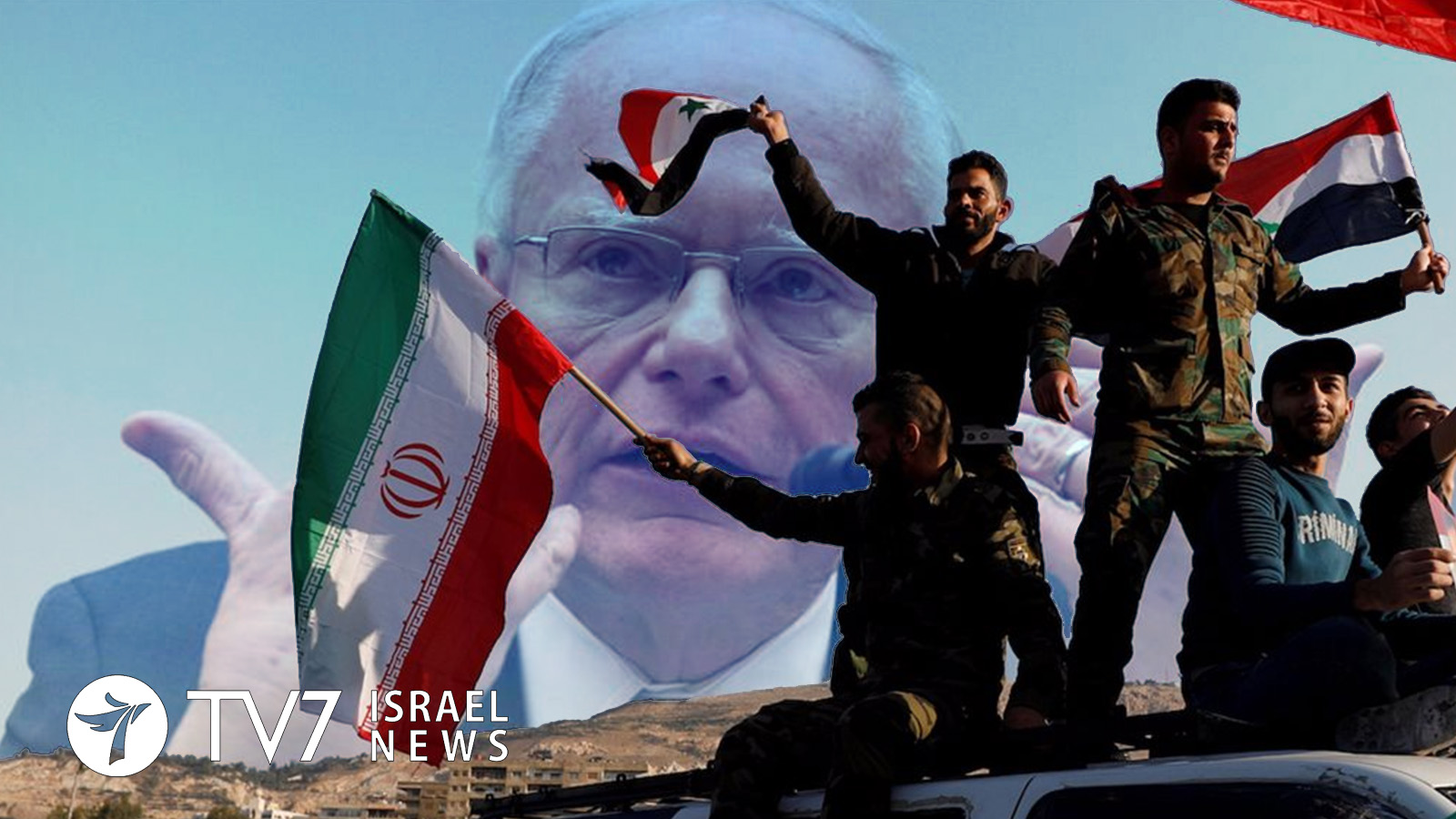The U.S. Special Representative for Syria Engagement, Ambassador James Jeffery, reaffirmed during a special policy briefing at the U.S. State Department ‘the Trump Administration’s commitment to accomplish its goals for the war-torn-country, that were laid out by President Trump in May, which include: the defeat of the Islamic State, restarting a U.N. facilitated political process, and to generally de-escalate the war-torn-country. Ambassador James Jeffrey said, “What we’re looking for is the enduring defeat of ISIS, a reinvigorated and irreversible political process in Syria led by the Syrian people and facilitated by the UN, and de-escalation of the conflict that will include all Iranian-commanded forces departing from the entirety of Syria.” He also asserted during his address that while Syrian President Bashar al-Assad claims that he is winning the war, the reality on the ground is far from the propaganda voiced by the Damascus regime and its Russian patron. In his words, “The Syrian Government claims in its diplomatic contacts that it is winning, but it controls only about half-plus of the country’s territory, half of the population has fled its horrific rule, either as internally displaced persons or refugees across the border, and the international community treats – most of it treats Syria as a pariah, and reconstruction funds are not going to flow either from us or from most of the rest of the international community that provides typically reconstruction funds until we see a great deal more progress on the agenda.” While the American envoy listed Washington’s detailed-agenda for Syria, he also emphasized that one of the basic principles for ending the Syria conflict, pertains to the departure of Iranian forces from the war-torn country. That said, Ambassador Jeffrey underscored that Iran’s departure is not a military goal of the United States. The U.S. Special Representative for Syria Engagement emphasized that “getting Iran out, that is basically part of a process. It’s not a military goal of the United States, it’s not a mission of U.S. military forces; rather, we see this as the outcome of process that would end the internal conflict and provide guarantees to the Syrian people and the neighbors towards their security. And under those circumstances, we see an Iran with its power projection capabilities as a threat to three of our partners and allies around Syria: Israel, first of all, and then Turkey and Jordan. So we think that it is an important criteria for any lasting peace. You will not have a lasting peace in Syria if Iran is doing the kind of power projection policies out of Syria that it has done through Hizballah in southern Lebanon and done through the Houthis in northern Yemen.”
